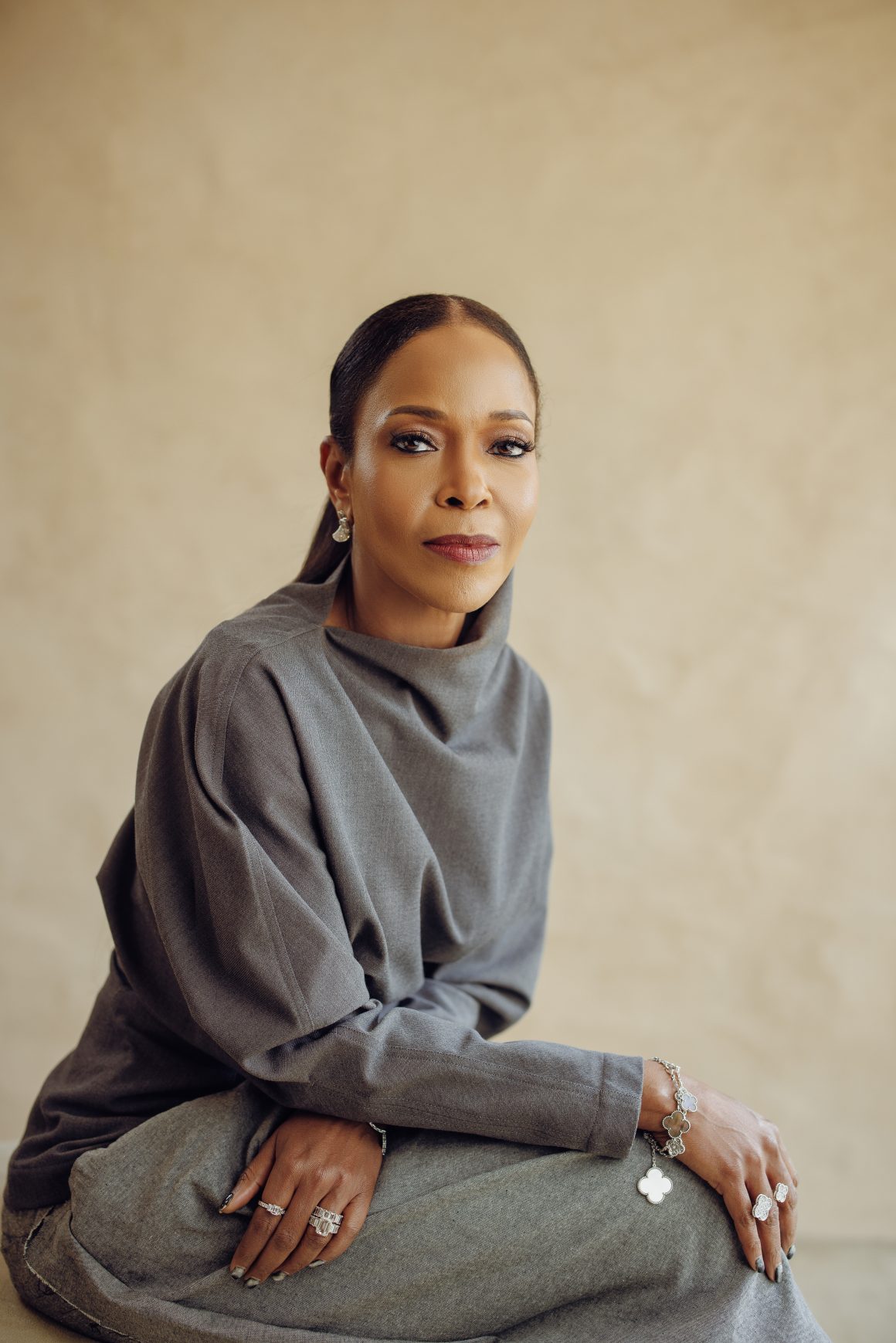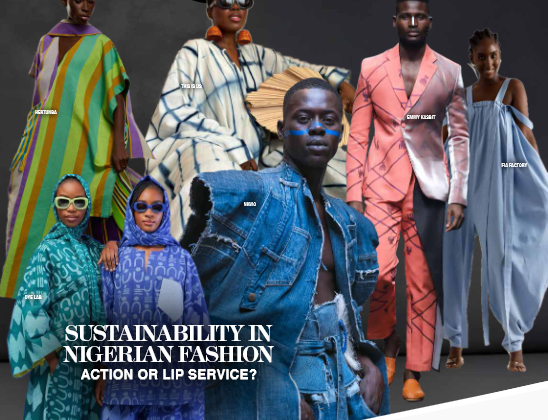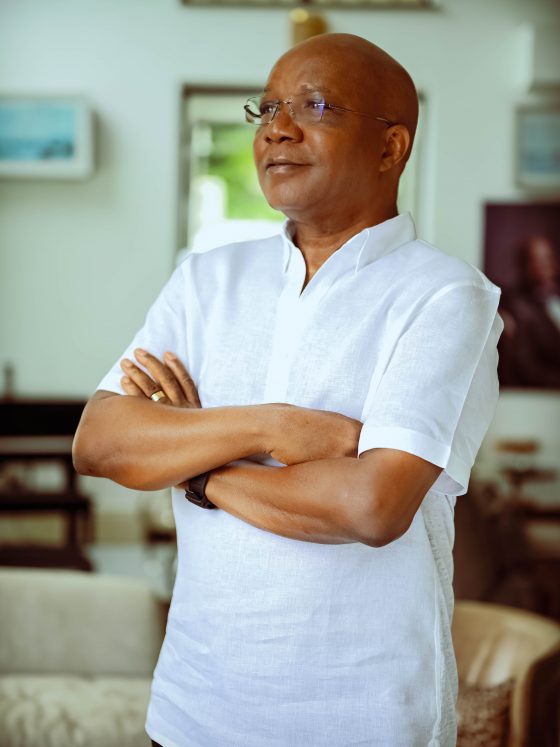At a time when gender-based violence continues to shatter lives and communities, few have taken as bold a stance as Dr Anita Kemi DaSilva-Ibru. A specialist in obstetrics and gynaecology, public health advocate, and founder of the Women at Risk International Foundation (WARIF), she has dedicated her life to creating a world where women and girls can live free from fear and violence.
As the 33rd anniversary of the global 16 Days of Activism Against Gender-Based Violence takes centre stage, Dr. DaSilva-Ibru and her organisation, WARIF, are once again answering the call to action. This year’s theme, “UNiTE to End Violence Against Women and Girls,” aligns seamlessly with WARIF’s mission as the organisation gears up for its 6th annual Global WARIF No Tolerance March (NTMarch). This movement, which began in 2019, has grown into a powerful global symbol of solidarity, with marches spanning continents—from Lagos to Johannesburg, London to New York. With a survivor-centred approach, WARIF has become a lifeline for countless women and girls, offering free forensic medical examinations, psychosocial counselling, and social welfare support at its crisis centres. Kemi is clear on one thing —this fight requires collective action.

In this exclusive interview, she sheds light on the pervasive issue of gender-based violence in Nigeria and beyond, the transformative work of WARIF, and discusses the solutions that can bring about lasting change.
The 6th Global WARIF No Tolerance March has become a significant annual event. What inspired its inception in 2019, and how has it evolved over the years?
Thank you very much, Konye. The WARIF No Tolerance March is a global awareness campaign launched in 2019, which has significantly impacted communities across the world by raising an army of men and women in various cities who come out in support of ending violence against women and girls. The March is held on the first Saturday of every December to commemorate the UN 16 Days of Activism and shines a spotlight on the pervasive issue of Gender-based violence. It also celebrates the resilience of survivors and calls for global systemic change. Last year in 2023, ten cities across three continents participated, with over 2,500 participants in the city of Lagos alone and a virtual reach exceeding 15 million. This year, we already have 11 cities across Africa, Europe, and North America committed to participating with Ibadan as our recent addition in Nigeria.
This year’s theme for the 16 Days of Activism Against Gender-Based Violence is “UNiTE to End Violence Against Women and Girls.” How does this align with WARIF’s mission and objectives?
The theme, “UNiTE to End Violence Against Women and Girls,” reflects WARIF’s unwavering mission to advocate for the rights and protection of women and girls in Nigeria and Africa. This call to action underscores the importance of collective responsibility and reinforces our vision of creating a safe and supportive environment free from violence against women and girls.

With the NTMarch taking place across three continents this year, how does WARIF ensure the campaign resonates with diverse audiences worldwide?
To resonate globally, WARIF adapts its campaign messages to align with all—from the unique cultural contexts of different regions in the global south to the message alignment with the global north—maintaining a unified stance against Gender-Based Violence. We strive to achieve strategic collaborations with international and local organisations and all industries in the private and public sectors to amplify the message’s reach and ensure the campaign’s relevance across diverse communities worldwide.
So, tell me, what are some key milestones WARIF has achieved since its establishment in addressing gender-based violence in Nigeria?
WARIF has achieved significant milestones since its establishment. These include the provision of comprehensive essential support services for all survivors at WARIF Rape Crisis Centres and through the provision of specialised forensic medical examination training to both sexual assault referral centres and primary health care centres across the country. Preventative measures through the implementation of educational and community-based programs carried out, with the innovative implementation of the first ever online classroom on the prevention of sexual violence in 106 participating tertiary institutions as well as the first training program for traditional birth attendants as first responders on cases of Gender-Based Violence. Over 12,000 of these informal healthcare providers have been trained by WARIF, with 150,000 individuals benefitting from this program in one year alone. Advocacy through a multisectoral approach, policy change, and awareness creation are also important aspects of the organisation’s framework.

Gender-based violence is a pervasive issue in Nigeria. What unique challenges do you face in addressing this crisis, and how does WARIF tackle them?
In Nigeria, addressing Gender Based Violence comes with a myriad of challenges, such as societal stigma, traditional practices and societal norms that encourage or ignore the violence perpetrated in various communities, inadequate enforcement of legal frameworks by relevant agencies, as well as resource limitations for the provision of essential services. We try to combat these issues by adopting a multisectoral collaborative approach with governmental agencies, civil society organisations and the private sector. Educational and community-based programs are also implemented with extensive community outreach to challenge harmful norms and promote empowerment.
How important is public advocacy, like the NTMarch, in shifting societal attitudes toward gender-based violence in Nigeria?
Very important, I tell you. They change societal attitudes. They bring much-needed visibility to the global issue of Gender Based Violence, encouraging open dialogue and inspiring collective action. These campaigns foster a culture of accountability and build solidarity for survivors.
What role does the government play in supporting organisations like WARIF, and what additional measures would you like to see from them?
The government is vital in the fight against Gender Based Violence. It has been made evident in the recent ranking on the 2024 Global Gender Gap report published by the World Economic Forum that Nigeria is now in the 125th position out of 146 countries on the index. As we live on a continent where we know it will take 130 years to achieve gender parity, we desperately need to close this gap. This calls for an acceleration with innovative structures and ideas and collaborative thinking with multi stakeholders from all sectors especially with the governmental agencies. We need to tackle social norms and harmful practices by breaking the culture of silence through a systemic change that would lean on this collaborative approach between organisations like WARIF and multisectoral stakeholders.
As a physician and public health specialist, how has your medical background influenced your approach to combating gender-based violence?
My medical background has been instrumental in shaping WARIF’s holistic approach to survivor support. With my passion for obstetrics, this gives me the skills and understanding in providing women with comprehensive, safe and respectful care during childbirth. Over the past three decades, my career has evolved on 3 continents from clinical practice to advocacy and social activism, combining my expertise as a specialist physician with my commitment to addressing systemic issues affecting the equality and rights of women and girls. My medical influence shaped a more holistic lens, going beyond care and treatment to addressing societal and cultural barriers that encourage the gender disparities seen in society, which prevent access to care and a woman’s full agency over her rights, decision making and well-being.
The involvement of men and boys in addressing GBV is crucial. What specific strategies has WARIF employed to engage them in this fight?
We believe men and boys are critical allies in the fight against GBV. The organisation implements the WARIF Boys Conversation Cafes, an educational mentoring program for adolescent schoolboys, and the Men as Allies Program, a community-based workshop that fosters inclusion and community participation in addressing Gender-Based Violence issues. Through our workshops and programs, WARIF fosters conversations and changes the community mindset on stereotypic rigid gender roles, thereby redefining toxic masculinity and promoting respect and equality, paving the way for a safer society.
What are some misconceptions about gender-based violence in Nigeria that need to be addressed for real change to occur?
One prevalent misconception in the gender space is the fact that Gender-based violence is referred to as a private issue or only affects the female demographic. WARIF focuses on educating the public about the fact that the issue is not a ‘woman’ issue but a ‘human’ one, which affect all – both men and women – and so it is our collective responsibility to provide societal support for survivors.

In your opinion, what does a future without gender-based violence in Nigeria look like, and what steps are necessary to achieve this vision?
A future where all survivors who are from marginalised communities live in a society free of all forms of violence, where respect, equality, and safety are fundamental and available to all.
As a thought leader and activist, what message do you have for young women and girls facing violence in silence?
To every young woman and girl facing violence, you are not alone. You matter, your voice matters, and there is a community ready to support you. Speak up, seek help, and know that together, we will fight for your rights, safety, and a brighter future.













